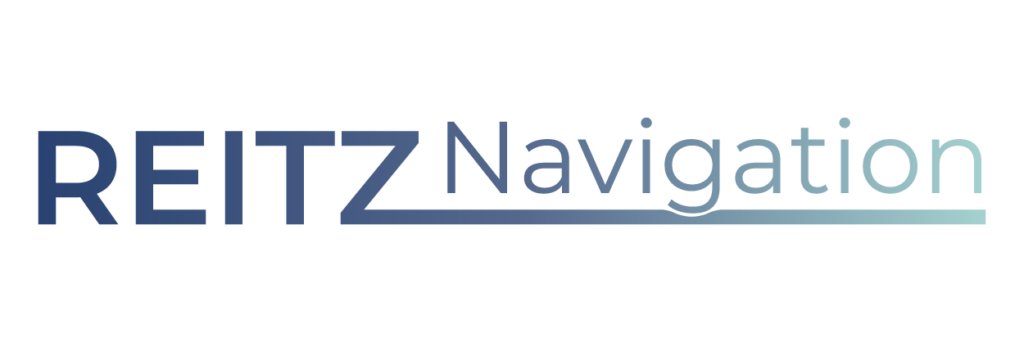
BRAVE NEW WORK?
WORK AND LEADERSHIP IN THE DIGITAL AGE
Not only society and our everyday life are shaped by digitalisation, but also our work. In recent years, new concepts of work have emerged; terms such as “remote work”, “home office”, “job sharing” or the often promoted term “work-life balance” are now encountered with increasing frequency. They all belong to the “New Work” concept. However, this is by no means an unattainable utopia or a dystopia dominated by technology, but an opportunity to adapt the world of work to today’s times and to the rhythm of people’s lives.
WHAT DOES „NEW WORK“ MEAN?
The concept “New Work” is part of the process of change currently taking place in the job world: Work 4.0. This process aims particularly at protecting the rights of employees and, at the same time, using the possibility of new digital and more efficient work processes. As part of this, the focus of “New Work” is on the working person. To these persons the concept conveys freedom, self-determination and meaningfulness in their work.
AN OPPORTUNITY FOR EMPLOYEES
Through digital work processes, employees are not tied to a fixed desk in the office but can in principle work from almost anywhere. All they need is an Internet connection, a laptop and a table. This flexibility is made possible by the “Home Office” or “Remote Work” model. This can benefit families as well as people who live in different countries or who like to move around the world unbound.
Another aspect of a jobs is the mandatory amount of working hours, in Germany usually 40 hours per week (https://www.welt.de/wirtschaft/webwelt/article163791961/Warum-Start-ups-den-Acht-Stunden-Tag-beerdigen.html ). But this model can also be modernized, especially as there are many good reasons and evidence that productivity does not depend on the hours spent in the office, but rather on the time of day and motivation
„HEALTH LEADERSHIP“ AND „NEW WORK“
This type of work clearly sounds like a start-up culture and, at first glance, seems to have little to do with traditional businesses. However, these structures should by no means be seen only as feasible for start-ups. Many well-known companies already rely on the working model of Home Office or offer their employees shorter working days with equal pay. These companies are successful above all because they perceive their employees as individuals with needs and not just as a resource. The managers in these organisations are consciously committed to the mental and physical health of their team by giving them freedom and the opportunity to see themselves as an active part of a community in which everyone has a goal. They implement both “health” and “leadership” in the processes of the company in such a way that the employees feel valued. Integrating real “New Work” into a company means the courage to change and to deviate from already known paths. It requires open communication, the constant promotion of employees, the active participation of managers in meetings, adherence to rules, trust and, ultimately, the courage to make mistakes. In this context, however, mistakes should not be seen as negative, but as an opportunity to grow. Through this growth, the potential of digitalisation can be realized. At least there is a chance to gradually turn the world of work into a brave, healthy, new world.
Titelbild: Photo by Markus Spiske on Unsplash
